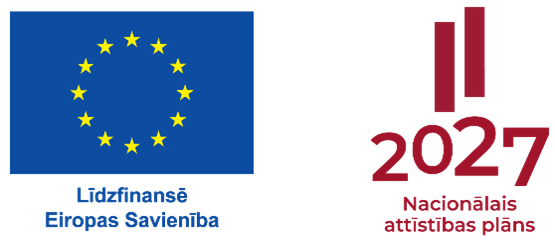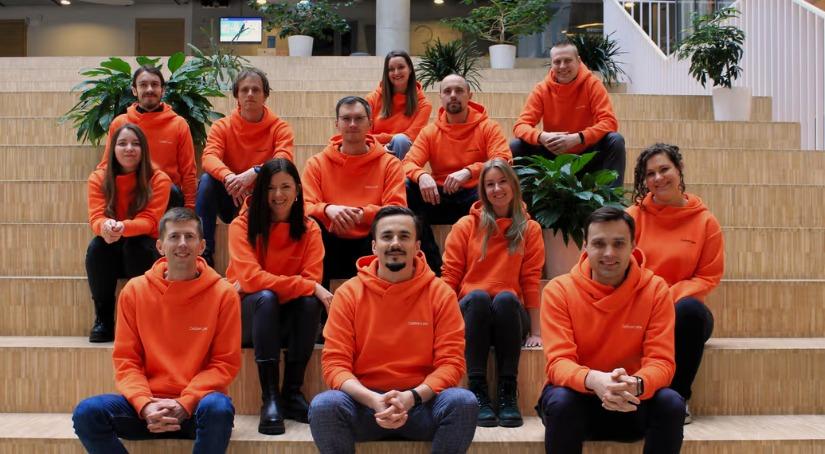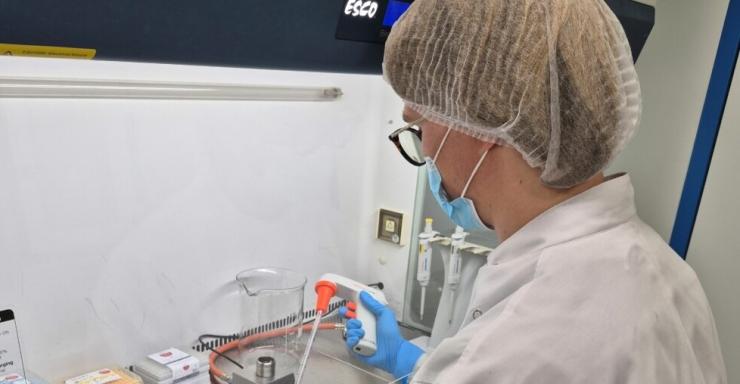After several years of intensive prototyping and technology validation, Latvian biotechnology company Cellboxlab has reached a significant milestone – it has attracted its first customers and is actively participating in global conferences and exhibitions with its product this year. The company’s organ-on-a-chip is an innovative solution with broad potential in the fields of pharmaceuticals, reproductive health, and personalized medicine, significantly accelerating the development of new drugs and reducing the need for animal testing in preclinical studies.
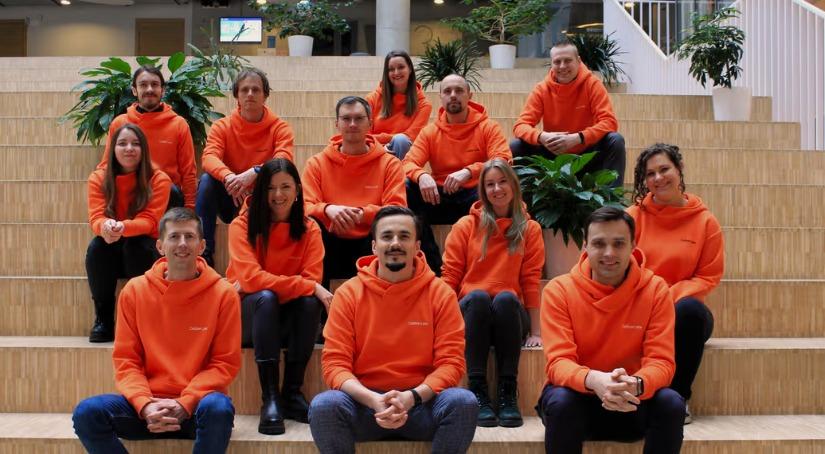
“The development of any new medicine involves many years of work and investments measured in billions. Therefore, the ability to evaluate the effectiveness of medicines at the earliest possible stage is critically important,“ Gatis Mozoļevskis, co-founder of the company, emphasizes. He points out that organ-on-a-chip technology is currently developing rapidly around the world, but the solution created in Latvia is a step ahead of many competitors due to its simplicity and flexibility.
An organ-on-a-chip is a small plastic chip with microchannels that mimic the environment characteristic of the human body – for example, the intestines or lungs. The human cells placed in it are exposed to dynamic conditions with fluid flow, temperature, and other characteristics typical of a living organism. This allows researchers to evaluate the effects of medicines much more accurately and reliably, identify problems early on, and reduce risks that would otherwise only appear in the clinical trial phase.
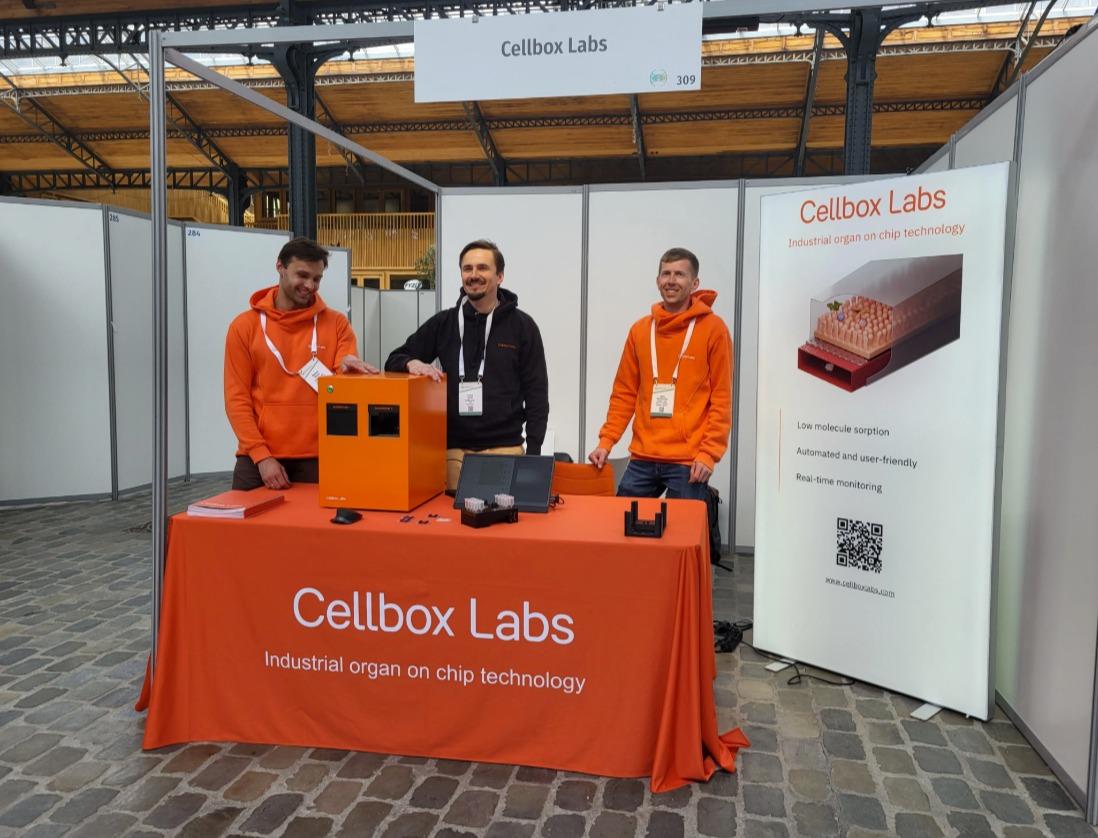
Potential in the field of personalized medicine, including oncology
In future, this technology is also expected to have great potential in the development of personalized medicine, as the chips can be adapted to individual patients and used to evaluate the most appropriate treatment strategy on a case-by-case basis.
“We are already collaborating on research with the Institute of Clinical and Preventive Medicine at the University of Latvia, and we have created personalized lung chips for cancer patients,” Mr Mozoļevskis says. “Studies show that the effect of medicine on chips is different from that in classical models, which better matches the data in the clinic. This means that in future, this technology could help doctors choose the most appropriate chemotherapy for a specific patient.
This approach could therefore revolutionize oncology and other fields where individualized therapy is important.
A series of awards and confidence in the commercial potential of the idea
The company’s beginnings can be traced back to 2019, when the Biomedical Research and Study Centre and the Institute of Solid State Physics at the University of Latvia joined forces in scientific research. This brought together three researchers: Gatis Mozoļevskis, Roberts Rimšs, and Artūrs Ābols. They soon realized that their joint idea of organs-on-a-chip had not only scientific but also commercial potential.
After successfully participating in hackathons and competitions in 2020, the team received an EIT Health Innostars grant and officially founded the company. In the following years, they received several other awards and support from programs such as Prototron and Prototech, a program under the auspices of the Investment and Development Agency of Latvia (LIAA), which enabled them to develop and validate a prototype. In 2024, the company began working with its first customers, and today it is already making its first equipment deliveries.
Cellboxlab’s current customers are research institutes and universities in Germany and Estonia, but negotiations are underway as to potential cooperation with customers in several other European countries. The local market is small, so the company’s focus is on exports, which could account for up to 97% of its turnover in future. The company is also looking with great interest towards the Asian market, where biotechnology, medical and pharmaceutical innovations are developing rapidly, often even outpacing Europe and the US.
Company representatives emphasize that since its founding in 2020, state support tools, especially the start-up programs under the auspices of the Investment and Development Agency of Latvia (LIAA), have provided significant support for the company’s development. To promote its technologies and products, the company is actively participating in international exhibitions and conferences with the support of LIAA. “Exhibitions and congresses are currently our main tool for meeting customers and establishing cooperation. It is a good sales and networking tool, because in this industry it is very important to build trust,” says co-founder Gatis Mozoļevskis. He points out that without the financial support of LIAA, participation in international events would be severely limited: “Exhibitions are very expensive events – participation fees, stand costs, travel. Although these events are currently the main driving force behind our development, without state support our opportunities to participate in them would be at least half as much.”
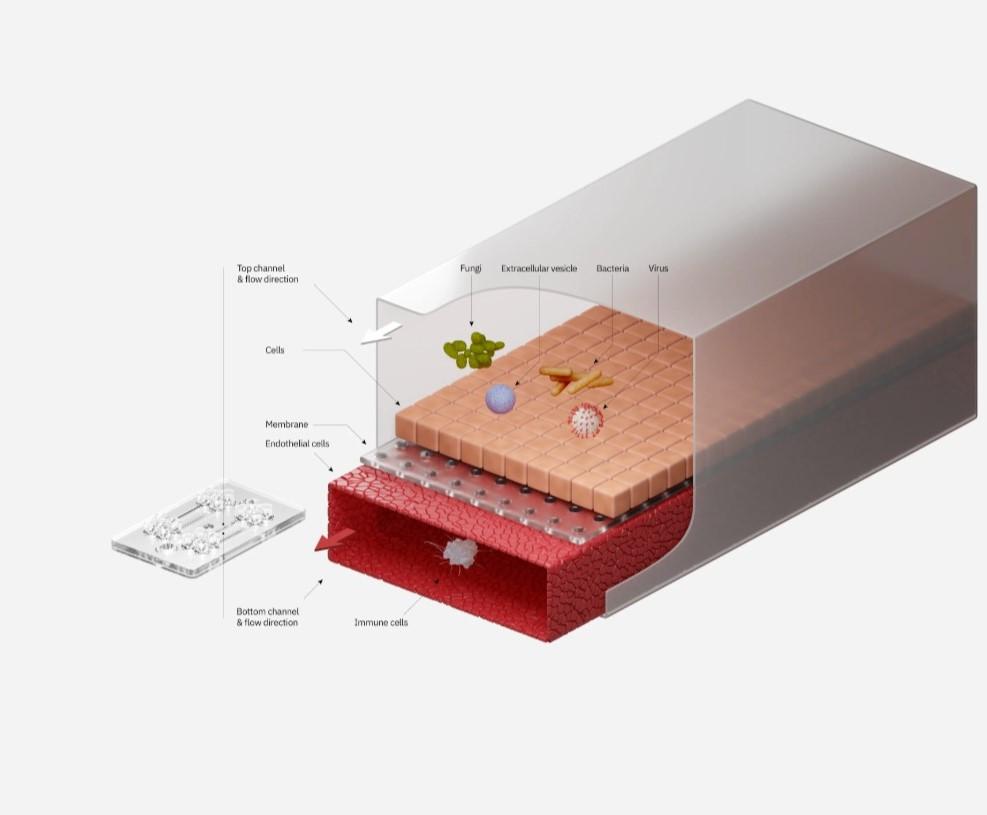
An easy-to-use product
“It is only a matter of time before organ-on-a-chip technology will be available in virtually any laboratory. However, our advantage over other competitors is that we have created an easy-to-use and flexible solution that will suit a wide range of researchers,” Mr Mozoļevskis highlights.
Unlike the complex models available elsewhere in the world, the technology developed by Cellboxlab stands out with its ease of use. Mr Mozoļevskis compares it to a 3D printer: “If we were selling 3D printers instead of chips, the analogy would be simple. While other companies offer ‘build and screw it yourself’ models, for which you still need to purchase printing materials, our solution would be a ready-made device where you just press a button and print. Our organ-on-a-chip technology is very easy to use and does not require any specific prior knowledge. The main obstacle to the application of this technology so far has been that the models are very complex. Our product is not like that,” he explains.
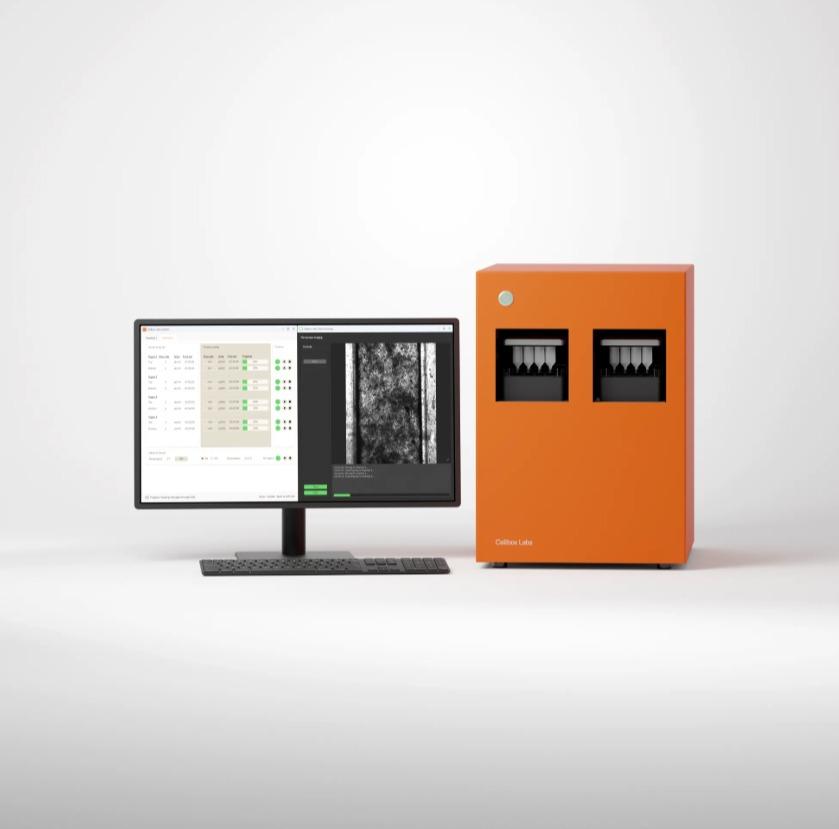
The development of organ-on-a-chip technology is driven not only by the fact that it significantly shortens the process of developing medicines and reduces costs, but also by increasingly strict restrictions on the use of animals in research. At the same time, the development of personalized medicine promises a new direction – treatment tailored to each patient, which can be particularly important in the field of oncology.
Currently, the company’s team consists of 14 highly qualified specialists, and with its rapid growth, Cellboxlab plans to attract experts from abroad as well. This will not only expand its research and development capacity but also strengthen Latvia’s position in the field of biotechnology innovation.
Information material prepared with the support of the European Regional Development Fund
